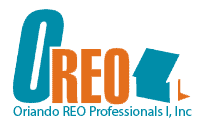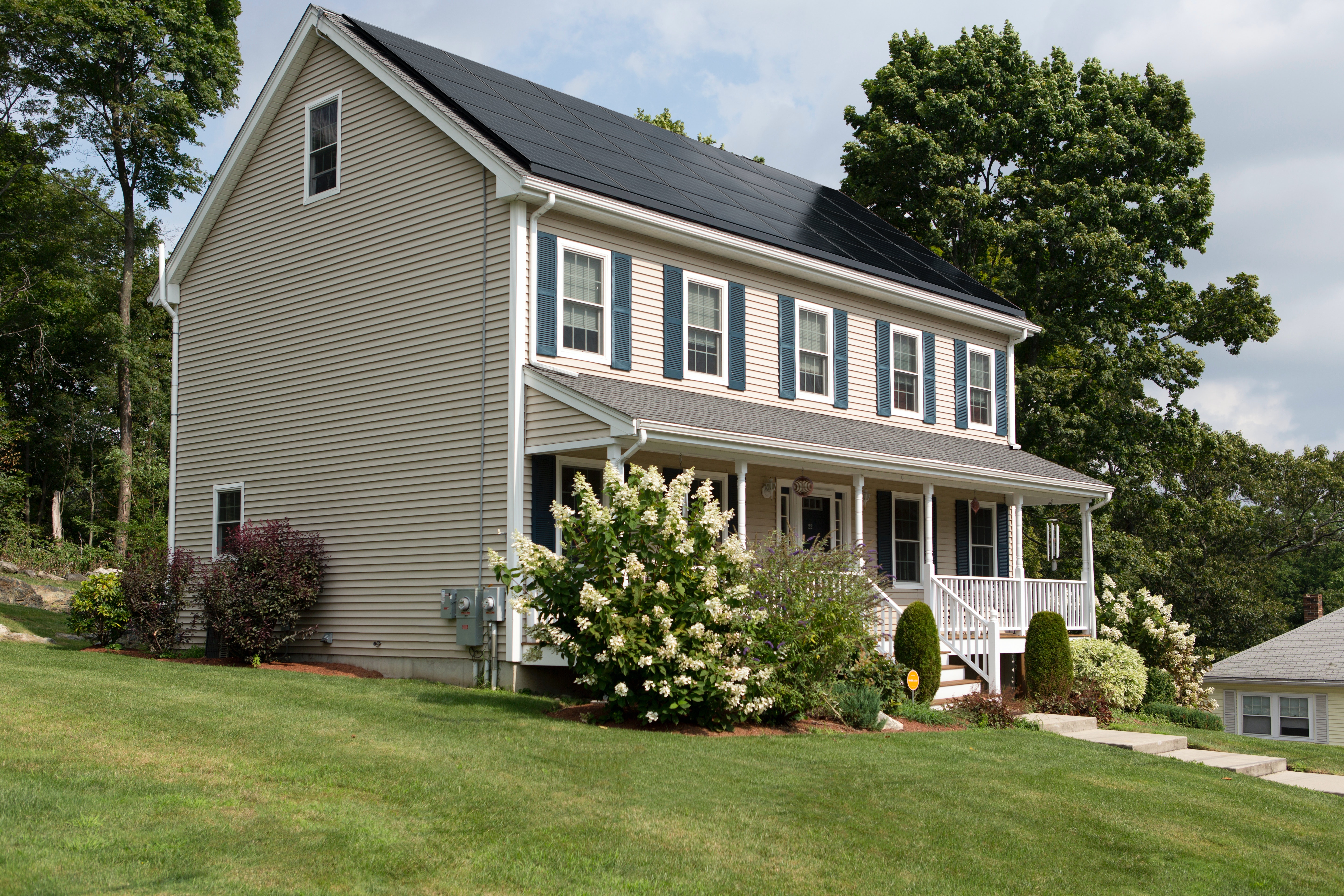Real Estate Owned (REO) properties may be your best pick for buying something on a budget. However, not all REO properties have the value you are looking for. A foreclosed home may have been sitting in the dust for a while before it was reclaimed. It can also be claimed by an owner that did not have regard for the quality.
Whatever the reason may be, REO properties don’t always have the best quality. The only way to check a property’s condition is by checking it out. Here are a few things to note when visiting a foreclosed home.
1. Environmental Issues
Aside from the property’s overall look from the inside, buyers must also check for the property’s issues paying. Try to go deeper and check for groundwater or soil contamination beneath the property.
Buyers can also check for the presence of hazardous building materials like lead-based paints and asbestos. Hire someone to do a professional inspection to get a detailed report of the property’s condition. Having someone check the property before purchasing it may cost more, but it should save you more money from repairs in the future.
2. Property’s Condition
Homeowners that have defaulted on their mortgage payments usually don’t invest much in maintenance. In effect, the foreclosed homes typically end up in bad shape. The financial institutions that sell the property don’t invest in repairs either.
If you’re someone on a tight budget, the cost of repairs will throw you in a hole of debt. The tip is to stick with foreclosed properties that allow buyers to inspect the property before bidding. If the repairs are too expensive, it might be better to reconsider other properties. Never settle for something cheap that may end up with you spending more on repairs and maintenance.
3. The Property’s Title Condition
Another critical thing to consider is property title. It’s as essential as the property’s physical condition itself. Conducting a title search should be one of your priorities before bidding. Buying something with unpaid fees, utilities, contractors, municipal assessments, and property taxes is tricky as those will fall under your name after purchasing the property, making you responsible for paying them all.
4. Zoning Laws
Some past homeowners may have made modifications to the property. Check out the zoning laws in the area and ensure that none of these laws were violated by the last owner. If ever there are laws broken, and the authorities discover them while the property is already under your name, you’ll likely be responsible for all the violations.
However, you can request all violations to be addressed before buying. Always check if the property you are bidding on is compliant with the area’s zoning laws.
5. The Property’s Value
When buying a foreclosed property, you must determine what a fair asking price is. By searching online, you’ll get rough estimates that can help you ask for a logical rate. Asking a real estate agent for help should also give you an idea of a property’s current market value. Consider the property’s status, the current market value, and the comparable properties. Overall, you should come up with a logical price that doesn’t seem like a low bid.
Conclusion
Buying a foreclosed property or home may be cheaper and more affordable than building a house from the ground up. However, cheap doesn’t mean defective or broken. Always try to find value in what you buy regardless of how much it costs. It is best to buy REO properties from reputable companies, real estate agents, banks, government, auction houses, and subscription sites to ensure a great deal for your money.
Orlando REO Professionals is a team of real estate professionals that can help you find the perfect property for your needs. As we serve the greater Central Florida area, our 75 years of experience can help our clients get the best deals for their budget. Call us today or visit our website for more information.

